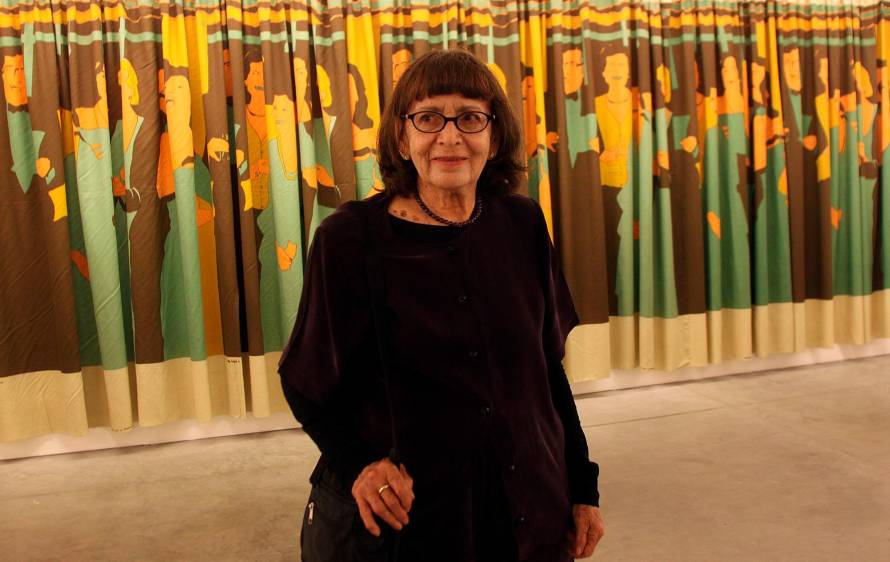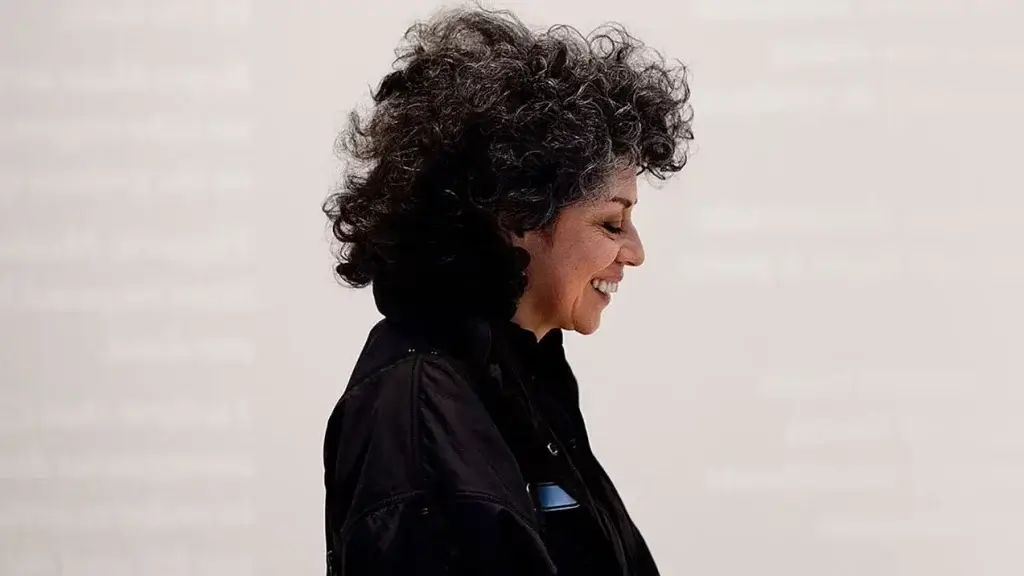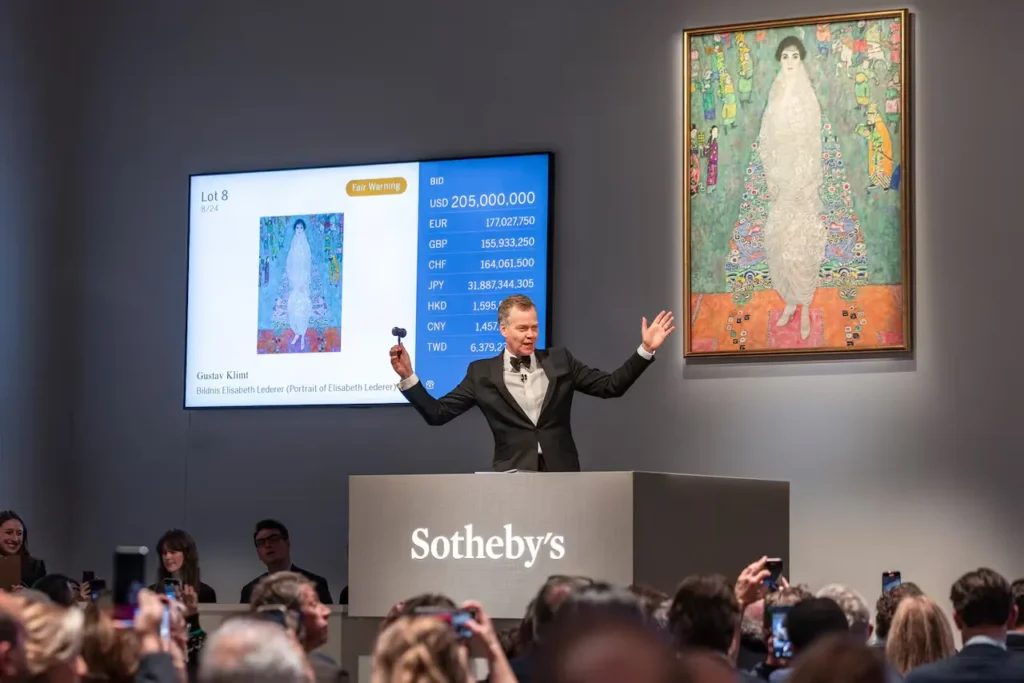1. Ana Mercedes Hoyos
Great reference in Latin American painting and sculpture. From the beginning, her works have been very close to the pop movement.
She began her work with a series of billboards, urban landscapes and oil buses, characterized by strong colors, and later on, the Palenque culture and domestic objects, such as customs, characters, doors and windows, became predominant in her work.
With a continuous transition from the abstract to the figurative, the Bogotá artist has been featured in numerous solo and group exhibitions in the country and abroad.

In 1987 she made a new series of figurative works with national motifs entitled “Bodegones de Palenque”, inspired by the platones of the fruit sellers of Cartagena from a collection of photographs taken by the artist. In her last years, when she already had a strong international prestige, she decided to venture into sculpture with large heads of Palenqueras, made in bronze and strwith ribbons in different colors.
2. Olga de Amaral
Visual artist has focused on textile art incorporating the use of gold in her works as inspiration from pre-Columbian art and crafts. It creates its own language through the implementation of new materials, new fibers and new concepts.
He studied architectural design at the Colegio Mayor de Cundinamarca, which allowed her to come into contact with two disciplines that have been her points of reference: design and architecture.
She is considered one of the great pioneers of post-war Latin American abstraction: her works do not leave aside a historical milestone. Her use of gold is a way of uniting pre-Hispanic culture, colonial art and her contemporary work, as well as the use of unconventional materials, which fuse weaving with her urgency to give answers.

He has had close to one hundred solo exhibitions and has participated in more than one hundred group exhibitions in renowned institutions around the world. Her work is part of 24 permanent collections, including the Banco de la República Art Collection, the collection of the Musée d’Art Moderne de la Ville de Paris, the Museum of Modern Art in New York, the Metropolitan Museum of Art, the Kyoto Museum of Modern Art. Two of her works are exhibited at the Miguel Urrutia Art Museum of the Banco de la República.
3. Beatriz Gonzalez
Plastic artist who has stood out for the use of different techniques. Her work tends to represent a critique of Colombian society and politics.
Her work has been key to the consolidation of art institutions in Colombia, through her leadership and advisory services in curatorial, educational and acquisition processes in several museums in Bogotá. Her work is present in individual and collective exhibitions at national and international level, with multiple tributes and recognitions.

Today her works are in the collections of the MoMA in New York, the Tate Modern in London, the Reina Sofia Museum in Madrid and the Museum of Fine Arts in Houston.
4. Debora Arango
Colombian artist who experimented throughout her work with oil, watercolor and ceramics. She was the first woman in Colombia to paint female nudes.
Through her irreverent and transgressive painting she represented the Colombian reality in a critical and stark way. Her expressionist style was opposed to traditionalism in the academy.
Débora Arango held her first solo exhibition at the Teatro Colón in Bogotá at the invitation of Jorge Eliécer Gaitán, then Minister of Education. However, the exhibition had to be dismantled the following day due to moral and political pressures from the capital’s society, especially from conservative politician Laureano Gómez who considered her nudes as “immoral, perverse, pornographic and technically incorrect. During the first five years of the forties her paintings were censored and removed from the exhibition halls, so in 1946 she decided to travel to the United States and then to Mexico.

It was not until 1975 that the artist allowed 100 of her paintings to be exhibited at the Biblioteca Pública Piloto in Medellín. Already in the eighties, Arango’s work was recovered by different museums in the country.
5. Doris Salcedo
Contemporary sculptor. Her work is based on the experiences and testimonies of those who have suffered directly or indirectly from the violence of the armed conflict.
With her creations she seeks to (re)construct the incomplete and fragmented history of the beings that inhabit the periphery of life. Not in vain, Salcedo often describes herself as a sculptor at the service of the victims, conceiving her work as a funeral oration with which she tries to erect the principles of a “poetics of mourning”.
:quality(80)/cloudfront-us-east-1.images.arcpublishing.com/semana/BG3JEJPLDVBQTGPZ4JYECVR6N4.jpg)



